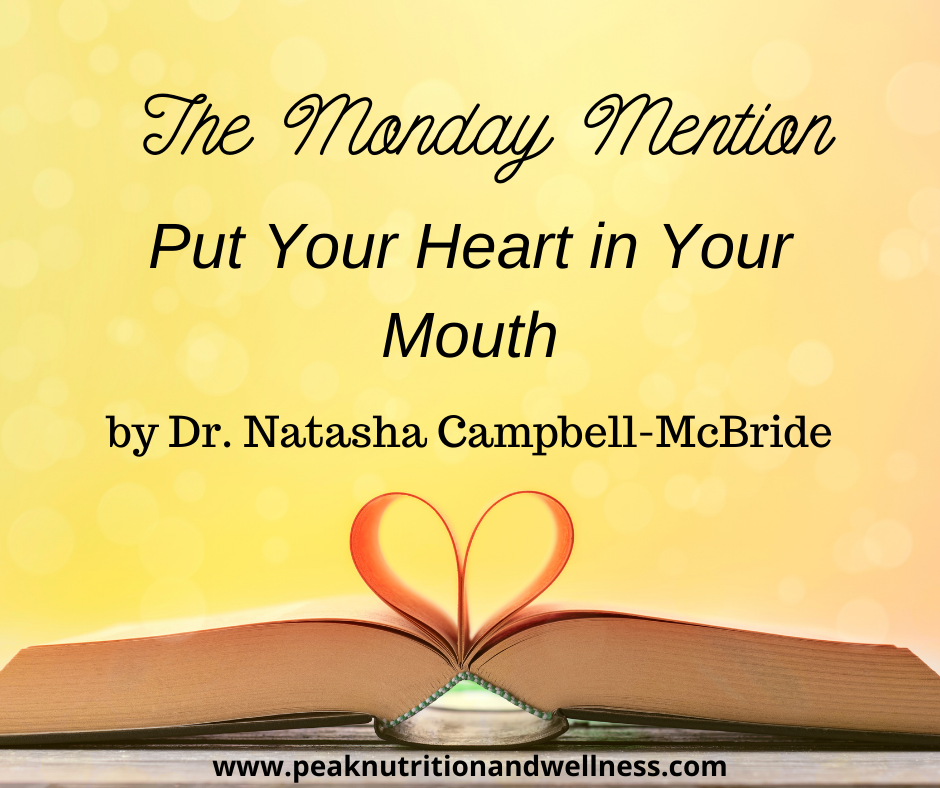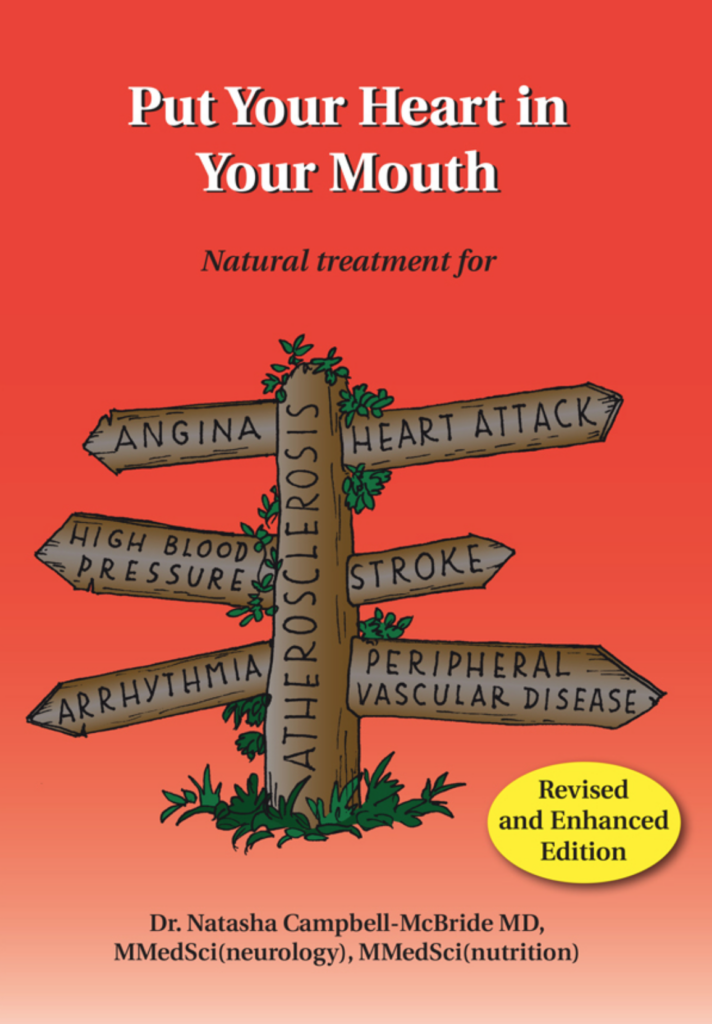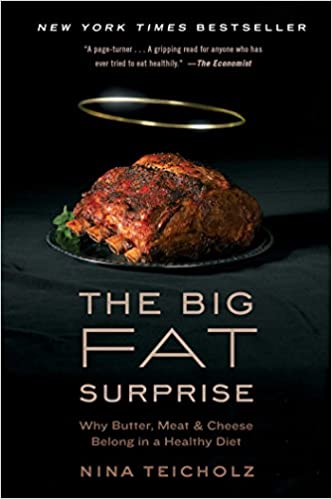
In her book Put Your Heart in Your Mouth, Dr. Natasha Campbell-McBride delves into the true cause of heart disease and many other degenerative diseases. By exploring the many processes our bodies use to heal and repair themselves, she shows us that the true culprits behind the modern-day heart disease epidemic are not, as we have so often been told, cholesterol and saturated fat. In fact, these wrongly vilified substances are vital parts of the body’s healing process. The true villain in this story is inflammation or, to be more precise, chronic inflammation resulting from our modern lifestyles. High stress, diets of processed and refined food, as well as toxins in our environment, home, on our bodies and in our foods, all lead to damage in our blood vessels.
Dr. Campbell-McBride devotes a section of the book to explaining how necessary cholesterol is to our health. She explains that, along with saturated fats, it has received the brunt of the blame for coronary artery disease simply because they are present in the plaques seen in atherosclerosis. Once one understands that cholesterol and saturated fat are essential in the formation of strong cellular walls and necessary in the repair of injured tissue, we begin to see how inflammation is at the core of the problem. The author explains that chronic, unrelenting inflammation means that the repair of the tissue must also be occurring constantly. This constant repair is what leads to accumulation of larger and larger plaques. The bigger the plaque becomes, the more unstable and liable to rupture it is. Another interesting fact the author relays regarding these plaques is that, of the fats contained in them, the majority is not the “evil” saturated fats most doctors blame. It is the unsaturated fats, like those found in the vegetable and cooking oils most used today, that are the predominant fats present in the core of atherosclerotic plaques.

The book doesn’t just describe how we come to develop heart disease but lays out ways that we can avoid it. Incorporating whole, organic, properly prepared foods into our diets and avoiding the processed foods and sugar which encourage inflammation either directly or by causing nutrient deficiencies that impair our inflammatory response. As the “Gut Health Girl”, I was glad to see a portion of the book dedicated to the importance of digestive health and the microbiome in supporting cardiovascular well-being. Hippocrates famously said that “All disease begins in the gut” and this includes cardiovascular disease! A healthy gut has beneficial bacteria that produce and release several vitamins crucial to protecting the cardiovascular system. When we are deficient in Vitamin K2, we see greater deposition of calcium in the arteries (arteriosclerosis) and more inflammation. Homocysteine, an amino acid that is very caustic to the lining of our blood vessels, is held at bay by adequate amounts of folate, Vitamin B6 and Vitamin B12. All of these are manufactured by our gut flora.
In reading through this book, I noticed how strongly Dr. Campbell-McBride’s writing correlates with what I discuss with my Nutritional Therapy clients. From the idea that the modern Western diet is at the core of most disease to how stress management, attitude and movement all play a role in supporting health, we are on the same mission to inform and empower people to optimize their health. I found the book enjoyable to read and thought the author explained some complex subjects in a way that is very easy to understand. I think many of you would appreciate both how approachable she has made the information and that she provides a nice selection of recipes as a starting point to eating healthier and preventing heart disease.
If you’d like to learn more about Nutritional Therapy and how it can support your body’s innate ability to heal, fill out the Contact Me form on my website!







